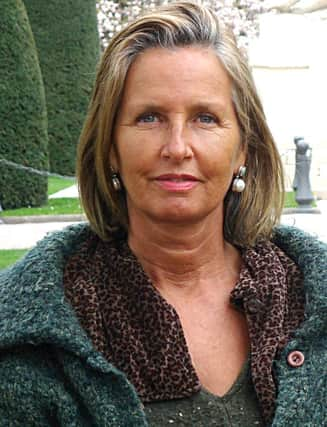Women’s role in political global leadership is growing - May East


Municipal politics is also changing with women accounting for 29 per cent of local councillors in Europe. Despite only 15 per cent of the European mayors being women, cities and women’s roles in them are changing. We only need look across the Channel for an example. Jeanne Barseghian was elected as mayor of Strasbourg for a six-year term in June during the French municipal elections. Less than three months after moving into Strasbourg city hall, the mayor is making her electoral promises a reality.
She began her term by fulfilling one of her electoral promises and declaring a state of climate emergency in Strasbourg. In doing so, she sent a strong message that the priority given to climate will inform all aspects of public policy over the next 6 years. At the end of July, she called an exceptional council meeting to vote additional budget items, allowing the creation of emergency accommodation places, specialised positions in nursery schools and revegetation of the city with ‘islands of freshness and shade’ to offset summer heat. Amongst other promises, she developed a “pact for a sustainable local economy” with an emergency fund of 2 million Euros to support traders and artisans recovering from the Covid-19 pandemic.
Advertisement
Hide AdAdvertisement
Hide AdIf we are to transform entrenched gender bias and paving the way for women to take leadership roles in policy making, we need to start by re-defining leadership. One can say leadership is a masculine construct being measured by assertiveness, competitiveness or being tough. Women leaders are expected to present opposite characteristics. For the forthcoming municipal elections in Rio de Janeiro, a group of seven women decided to present a collective candidacy and to challenge the masculine stereotyping of the individual forceful municipal leader. They come from different professional backgrounds - environment, arts and culture, management and social activism. In terms of policies they aim to strengthen urban agriculture, establish energy district systems and regenerate the urban forests. A new school is planned to prepare women for public life and create permanent committees to protect women from institutional violence. As never before Brazil needs to transform the essence and the shape of its governance.
The French philosopher Simone de Beauvoir claimed that it is women themselves who are best suited to elucidate the position of women in society. And, this is happening. Gradually we see an emerging trend where women are repositioning themselves at the heart of sustainability policy and gaining spatial confidence.
Policies are ‘powerful’ instruments in relation to both the context they reaffirm and the context they construct. They link language to power. They shape the equal and regenerative world we need. The world welcomes women in policy making.
May East, Chief Executive Gaia Education, UNITAR Fellow
Comments
Want to join the conversation? Please or to comment on this article.